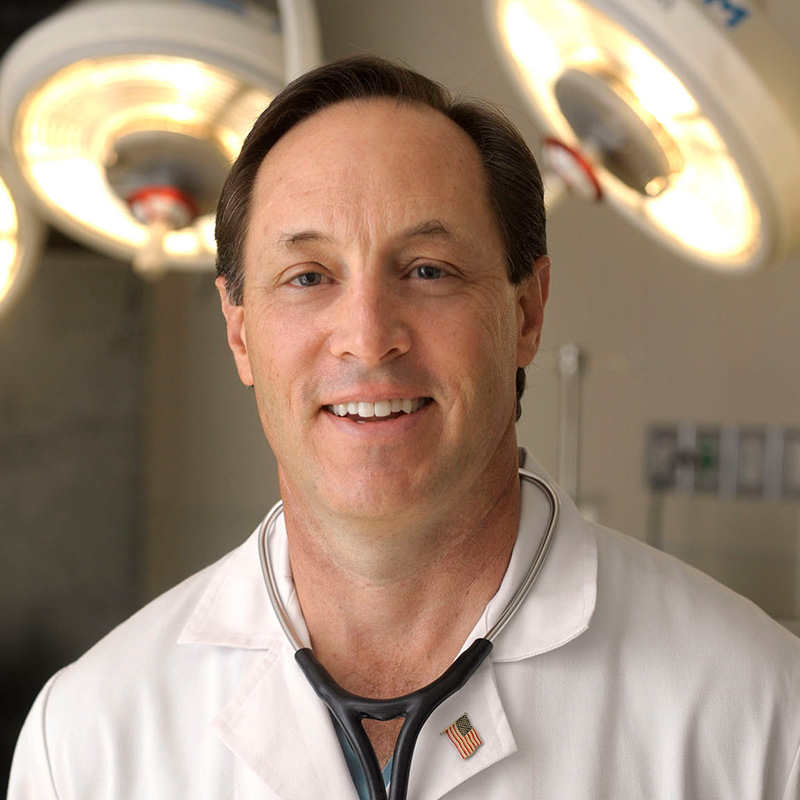Congenital heart disease (CHD) refers to common birth defects that occur during fetal development. CHD may or may not be inherited from a parent.
CHD impairs blood flow into the heart by affecting the connections between the heart chambers, valves or the major vessels that connect the heart chambers with the rest of the body.
CHD may be simple or complex. Examples of simple CHD include atrial septal defects (ASD), patent foramen ovale (PFO), patent ductus arteriosus (PDA) and ventricular septal defects (VSD). Examples of complex CHD include tetralogy of Fallot and hypoplastic left heart syndrome.
Congenital Heart Disease Causes and Risk Factors
The main causes and risks include:
- Genetic causes: multiple single genes, multiple chromosome abnormalities and a family history of congenital heart disease
- Congenital infections
- Uncontrolled maternal diabetes mellitus
Congenital Heart Disease Symptoms
Cyanosis, breathing difficulties and a heart murmur in the newborn are the earliest signs of CHD. However, not all types of CHD produce symptoms after birth, and may not be detected until adulthood.
Congenital Heart Disease Diagnosis
It’s possible to diagnose CHD during pregnancy if it’s detected during an ultrasound, or soon after birth, as all babies routinely undergo a screening for severe (cyanotic) CHD. Unfortunately, non-cyanotic CHD may not be detected early in life.
Imaging tests like chest X-rays, echocardiograms and electrocardiograms can confirm a CHD diagnosis; genetic testing is also needed to identify the underlying cause and counsel the family about recurrence in future pregnancies.
Congenital Heart Disease Treatment
Simple types of CHD, like a small VSD, ASD or PDA, may close on their own, whereas complex CHD cases require surgical correction. Additionally, medicines are used to control or prevent heart failure.








